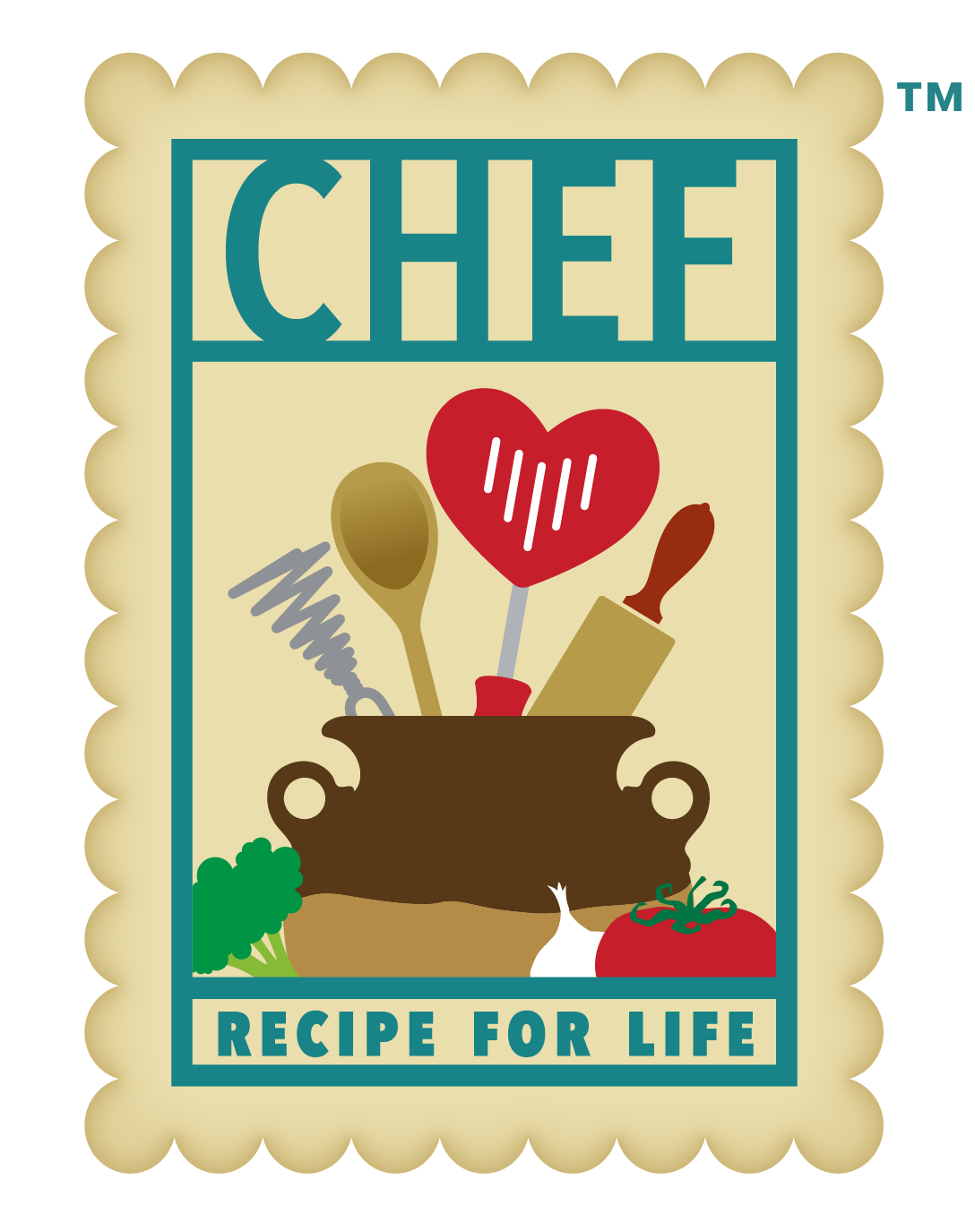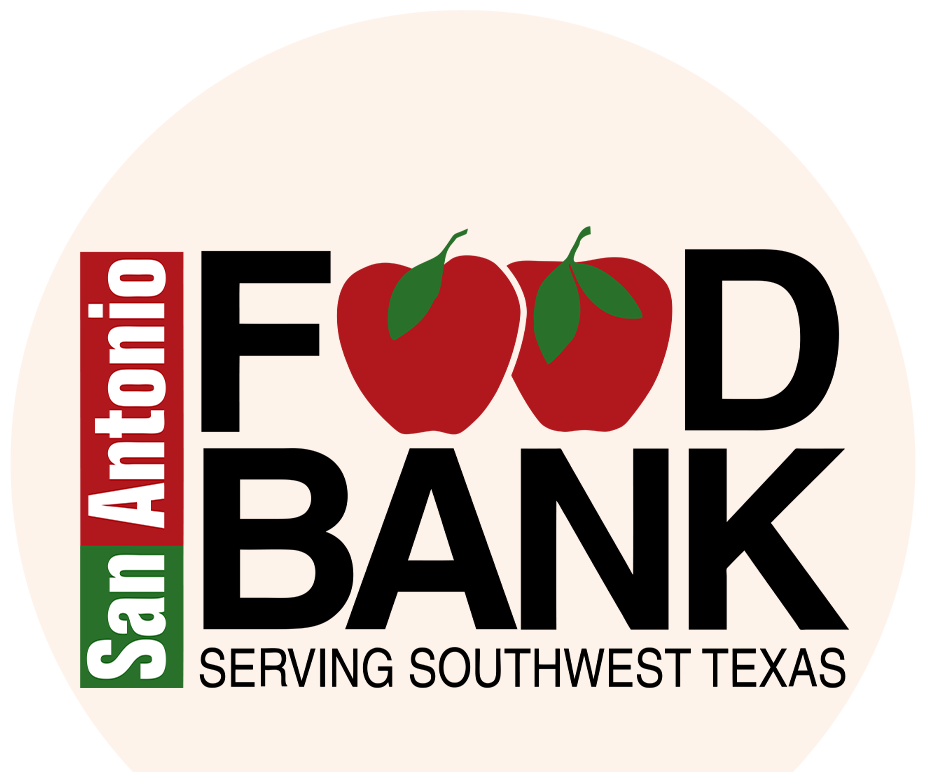Chef
Saying Goodbye to Food Hangovers

By Connie Guttersen, RD, PhD
Foundation Nutrition Advisor and Consultant, CHEF
Many of us eat the foods we love as a reward and then we feel terrible, which doesn’t make much sense. And yet, we do it all the time. Why is it we overeat foods loaded with sugar, fat, and salt and then groan in physical discomfort, swearing never to do it again… only to repeat the same process days, even hours, later?
One explanation is that the immediate good feelings you get from foods containing sugar, fat, and salt are far more powerful in influencing your behavior than the misery you feel later. Foods such as chips, ice cream, pizza, and French fries provide immediate stimulation to the pleasure center in your brain. The punishment—when you wake up feeling tired and bloated and dealing with digestive distress—is delayed just enough that you no longer connect it to the food, the association between food and your physical discomfort having weakened over time.
The same behavior pattern happens with other addictive substances such as drugs and alcohol. That’s because all these substances light up the reward center in our brains, triggering the release of serotonin, endorphins, and dopamine and creating a temporary pleasure high. It doesn’t last, though, and despite the repercussions, you still want to go back for more. It’s a vicious cycle! The only way to break the junk food addiction is to remove fast foods and other processed foods from your diet. While you might feel deprived initially, the long-term rewards will be so much greater than the temporary pleasure you’ve given up— you will experience freedom from cravings, increased weight loss, and more energy, and you never have to experience a food hangover ever again.
Tips to Avoid a Food Hangover:
- Decrease your stress levels with a healthy and balanced lifestyle that includes regular exercise, smart time management, and relaxation. Stress can trigger cravings for foods that are high in fat, sugar, and salt. Relying on these types of foods for positive emotions sets you up for a roller coaster of extreme moods and cravings.
- Sleep at least 7.5 hours each night to keep hunger hormones from triggering cravings. Insufficient sleep or poor quality of sleep can cause a hormone imbalance, making you feel hungry or crave sugary fatty foods.
- Cut out sugary, simple carbs like cookies, pastries, and sweetened drinks to help keep optimal blood sugar levels.
- Minimize fatty foods, especially those that are from processed snack foods and chips.
- Avoid calorie-crashing diets. Rapid weight loss promised by very low calorie diets can lead to hunger and cravings.



